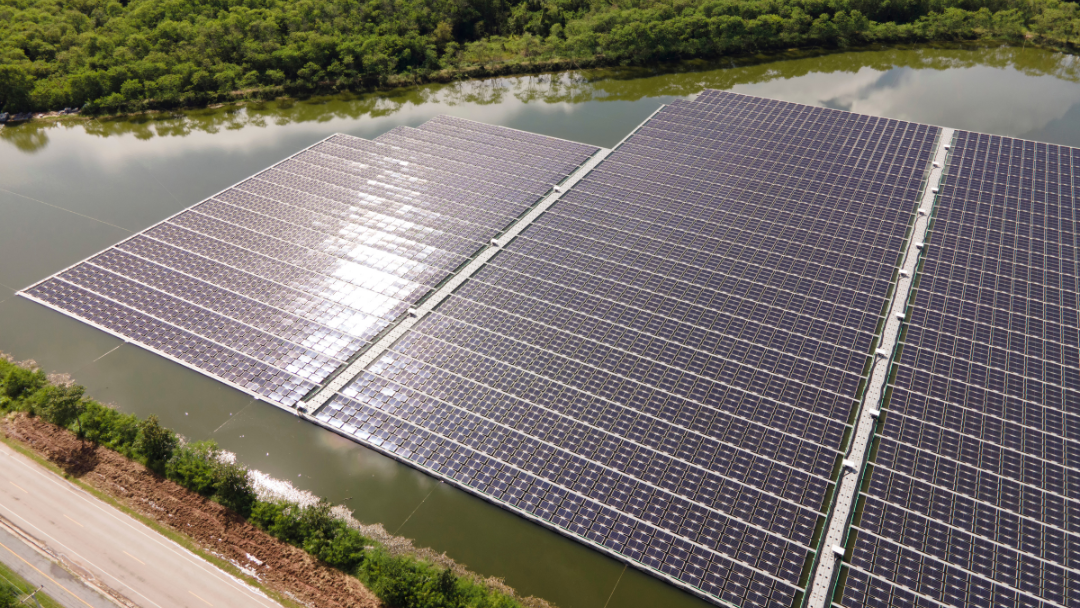IN a rapidly evolving energy landscape, disruption management is no longer optional – it is essential.
Leaders operating in a volatile, uncertain, complex, and ambiguous (VUCA) world must embrace change.
Malaysia’s energy sector, in particular, is undergoing a profound transformation to address sustainability challenges.
Without strong leadership to harmonise competing interests, the system risks derailment, with dominant players overshadowing innovation and stifling competition.
The country’s energy sector is now at a pivotal juncture.
The pressure to adapt stems from global shifts in technology, environmental policy, and consumer expectations, all of which impact Malaysia as an energy trilemma – balancing energy security (reliable power access), environmental sustainability (reducing greenhouse gas emissions), and affordability (ensuring accessible electricity for all citizens).
To remain competitive and sustainable, the nation must prioritise strategies that decentralise energy production while decarbonising its energy mix.
The past model of power purchase agreements that focused solely on offering energy at the lowest cost is no longer sufficient.
Today, investors and consumers demand greener energy solutions at market-acceptable prices. These efforts are vital not only for meeting international commitments but also for fostering a resilient and inclusive energy ecosystem.
This three-part series delves into the six Ds of energy transformation – Decentralisation, Decarbonisation, Digitalisation, Deregulation, Democratisation and Diversification – which provide a roadmap for a more sustainable and inclusive future.
In this first article, we explore Decentralisation and Decarbonisation – two critical components of this transformative journey.
Decentralisation: Shifting power to the people
Traditionally, Malaysia’s energy generation was dominated by centralised coal, large hydro, and gas-powered plants.
While efficient in the past, this model no longer meets the demands of a rapidly changing VUCA world.
Renewable energy solutions like rooftop solar panels, bioenergy plants, and small hydro systems – supported by microgrids – are decentralising the energy system.
This enables individuals, businesses and communities to become “prosumers” – both generating and selling surplus energy back to the grid.
The government’s feed-in tariff and various net energy metering schemes exemplify this shift, allowing Malaysians to offset electricity bills with renewable energy (RE) sources.
Environmental heroes including small and medium enterprises in urban areas are increasingly adopting solar installations to reduce operational costs while contributing to sustainability, thereby enhancing Malaysia’s energy resilience and reducing reliance on imported coal and gas.
This dual benefit of cost savings and environmental impact drives interest in decentralised energy solutions.
However, challenges persist.
While high upfront costs are manageable with current RE guidelines and applicable green tax initiatives, regulatory hurdles still limit widespread adoption.
Yet, decentralisation enhances grid resilience. Distributed systems reduce the risk of large-scale outages and provide backup power during disruptions.
For a country prone to natural disasters, such as floods, decentralised solutions offer a critical safety net, reinforcing national energy security.
Moreover, decentralisation aligns with global trends in energy democratisation.
By giving businesses and consumers greater control over energy production and usage, decentralised systems foster a sense of ownership and accountability.
This cultural shift towards energy responsibility is as significant as the technological advancements driving it.
Decarbonisation: The path to net zero
Malaysia has committed to achieving net-zero carbon emissions by 2050.
This commitment is supported by several key initiatives:
> Energy Efficiency: Improving industrial energy efficiency under the Energy Efficiency and Conservation Act 2024.
> Waste-to-Energy (WtE) Management: Reducing landfill waste and generating electricity through WtE plants.
> Renewable Energy Expansion: Implementing far-reaching policies to increase RE adoption across all segments of society.
> Carbon Management: Reducing, capturing and offsetting carbon emissions.
> Regional Collaboration: The Malaysia-Singapore Article 6.2 MoU (signed in January) aims to drive regional economic growth while promoting environmental stewardship.
> Regulatory Frameworks: Establishing robust policies, though wider stakeholder engagement is necessary for success.
Transitioning to cleaner alternatives is not just a moral imperative but an economic one.
Countries leading in decarbonisation stand to gain advantages in job creation, technological leadership, and global competitiveness.
Malaysia’s Large Scale Solar (LSS) projects, the Corporate Green Power Programme (CGPP), the Corporate Renewable Energy Supply Scheme, and the recent removal of limitations under the self-consumption guidelines are all milestones in this effort.
These initiatives encourage cleaner energy production while creating jobs in the renewable energy sector.
The LSS4 programme, for example, attracted significant investment, demonstrating the private sector’s confidence in renewable opportunities.
However, challenges such as land scarcity, storage limitations, and grid integration remain, along with ownership concerns over environmental attributes.
One promising solution is floating solar farms.
These installations, built on reservoirs and other water bodies, address land scarcity while improving energy efficiency.
Malaysia’s first large-scale floating solar farm in Selangor, along with projects such as Cypark Resources Bhd’s Danau Tok Uban solar farm in Kelantan, TCS Floating LSSPV in Serendah, and Durian Tunggal Reservoir Floating Solar Plant, has set a benchmark for future developments.
Such innovations showed how decarbonisation can be achieved through creative problem-solving and strategic investment.
Electric vehicles (EVs) also play a crucial role in decarbonisation.
The government’s low carbon mobility blueprint and EV tax incentives are steps in the right direction.
However, limited charging infrastructure and high vehicle costs hinder widespread adoption. Public-private partnerships are essential to overcoming these barriers.
Companies like Gentari Go, ChargeSini, Yinson and TNB Electron are already investing in EV charging networks, but broader collaboration is needed to achieve nationwide coverage.
Another critical aspect of decarbonisation is energy storage. Renewable sources like solar are intermittent, making effective storage solutions essential for balancing supply and demand.
Advances in battery technology, including lithium-ion and emerging solid-state batteries, are making large-scale storage more feasible.
Malaysia’s investment in energy storage will be key to stabilising its RE grid and ensuring reliable power delivery.
Finally, international collaboration through the ASEAN Power Grid can further accelerate decarbonisation efforts.
Partnering with countries that have advanced renewable capabilities will grant Malaysia access to cutting-edge technologies and best practices.
The ASEAN Centre of Energy (ACE) is fostering shared investment in renewable infrastructure, while the recent ACE policy paper on regional frameworks for cross-border Renewable Energy Certificate (REC) trading on grid-to-grid transmission lines will further enhance these initiatives.
Building the foundations
Decentralisation and decarbonisation are laying the groundwork for Malaysia’s energy transformation.
While challenges exist, these principles offer a path to a more resilient and sustainable energy system.
Decentralisation empowers businesses, individuals, and communities, fostering resilience and inclusivity.
Meanwhile, decarbonisation underscores Malaysia’s commitment to a cleaner, greener future.
However, achieving these goals requires coordinated efforts.
Policymakers, businesses, and consumers must align their strategies to overcome financial, technical, and regulatory barriers.
Public awareness campaigns and incentives can further drive adoption, ensuring the benefits of decentralisation and decarbonisation reach all segments of society.
In the next article, we will explore Digitalisation and Deregulation – two forces reshaping the energy sector and unlocking new possibilities.
Stay tuned for insights into how technology and policy are driving Malaysia’s energy revolution.
Nirinder Singh Johl is the founder and CEO of Asia Carbonx Change Plt. He was formerly the managing director of TNBX, a subsidiary of TNB. The views expressed here are the writer’s own.
This article was originally published in The Star on the 4th of February 2025. You can visit the article here.



